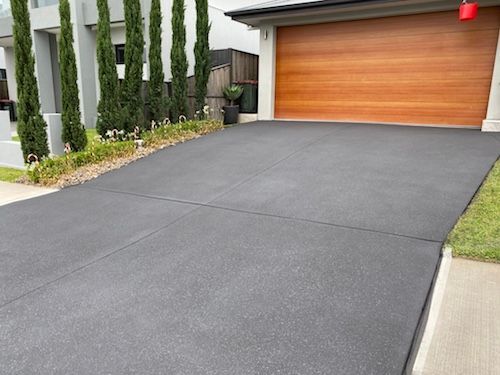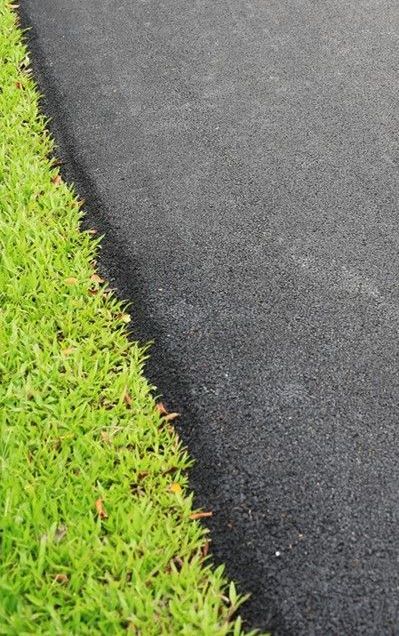Asphalt Resurfacing
Asphalt Resurfacing
When should I resurface my blacktop?
The timing for resurfacing blacktop, also known as asphalt, depends on various factors, including the current condition of the pavement, the amount of traffic it receives, and the local climate. Here are some signs and guidelines to help you determine when to resurface your blacktop:
- Cracking and Potholes: If you notice extensive cracking, especially if it's combined with potholes, this is a clear indication that the asphalt is deteriorating. Resurfacing can help address these issues before they worsen.
- Surface Deterioration: If the surface of the asphalt is rough, worn, or disintegrating, it's a sign that the pavement is aging and may need resurfacing.
- Fading Color: Asphalt tends to fade over time due to exposure to sunlight and weather. While fading color alone may not require immediate resurfacing, it can be a visual indicator that the asphalt is aging.
- Pooling Water: If water pools or stands on the surface after rain, it could indicate poor drainage and potential issues with the asphalt's integrity. Resurfacing can help improve the surface's water drainage properties.
- Cracking Along Edges: Cracks along the edges of the pavement can indicate that the underlying base material is eroding, which can lead to further deterioration. Resurfacing can address these issues and prevent further damage.
- Traffic Load: High traffic areas, such as roads with heavy commercial or industrial traffic, may require more frequent resurfacing due to the additional stress placed on the pavement.
- Age: As a general guideline, asphalt surfaces should be resurfaced every 10 to 15 years. However, this can vary based on factors like climate, maintenance, and the quality of the original installation.
- Preventive Maintenance: Regular maintenance such as crack sealing and sealcoating can help extend the life of your asphalt surface. If you've been proactive about maintaining your blacktop, you may be able to delay resurfacing.
- Consultation: It's a good idea to consult with a professional asphalt contractor or civil engineer. They can assess the condition of your blacktop, consider factors specific to your location and usage, and provide recommendations on whether resurfacing is necessary.
Remember that resurfacing is a significant investment, so it's important to balance the costs of resurfacing against the benefits of extending the life of your pavement. Regular inspections and maintenance can help you catch issues early and make informed decisions about resurfacing.
Get a free quote
Contact Us
Thank you for contacting us.
We will get back to you as soon as possible.
We will get back to you as soon as possible.
Oops, there was an error sending your message.
Please try again later.
Please try again later.

New Paragraph

Quick & Reliable
We are available 24/7 via email or telephone

The region's leading professional asphalt service.
Navigation
Services
Working hours
- Mon - Fri
- -
- Sat - Sun
- Closed
© 2025
All Rights Reserved | Company Name | Powered by Snapps
Product of Painted Dog Digital Marketing
